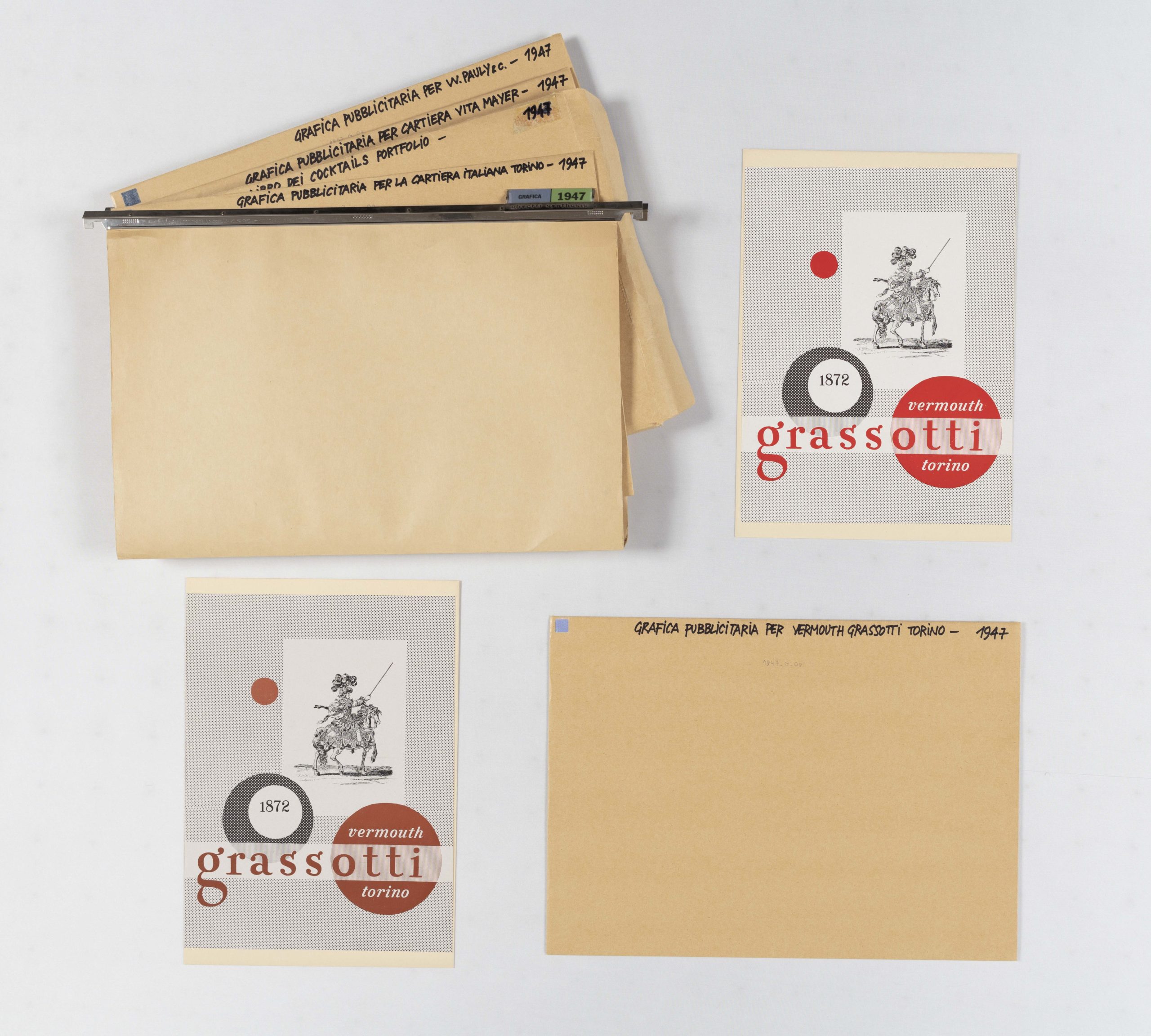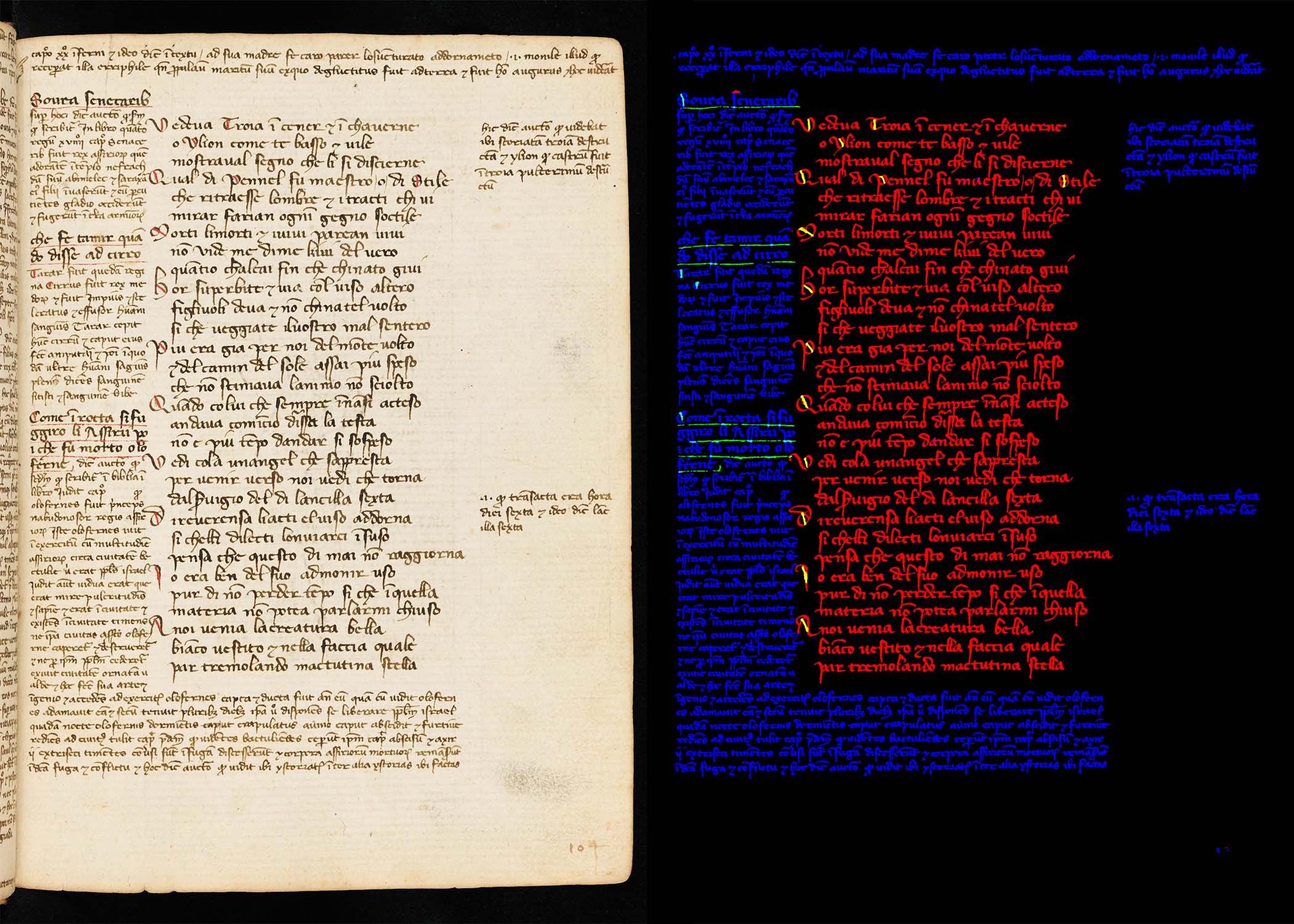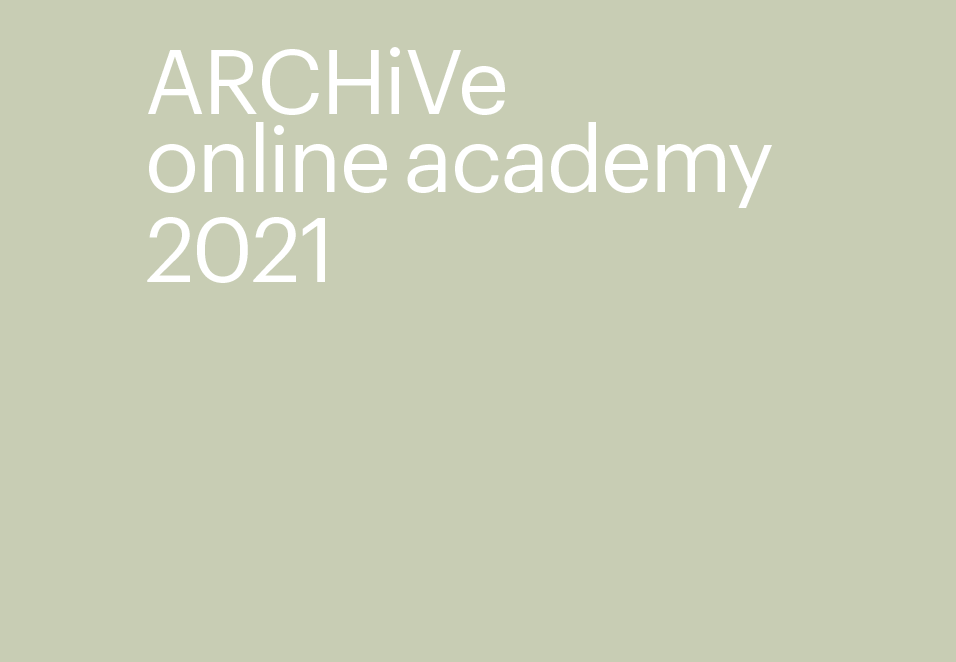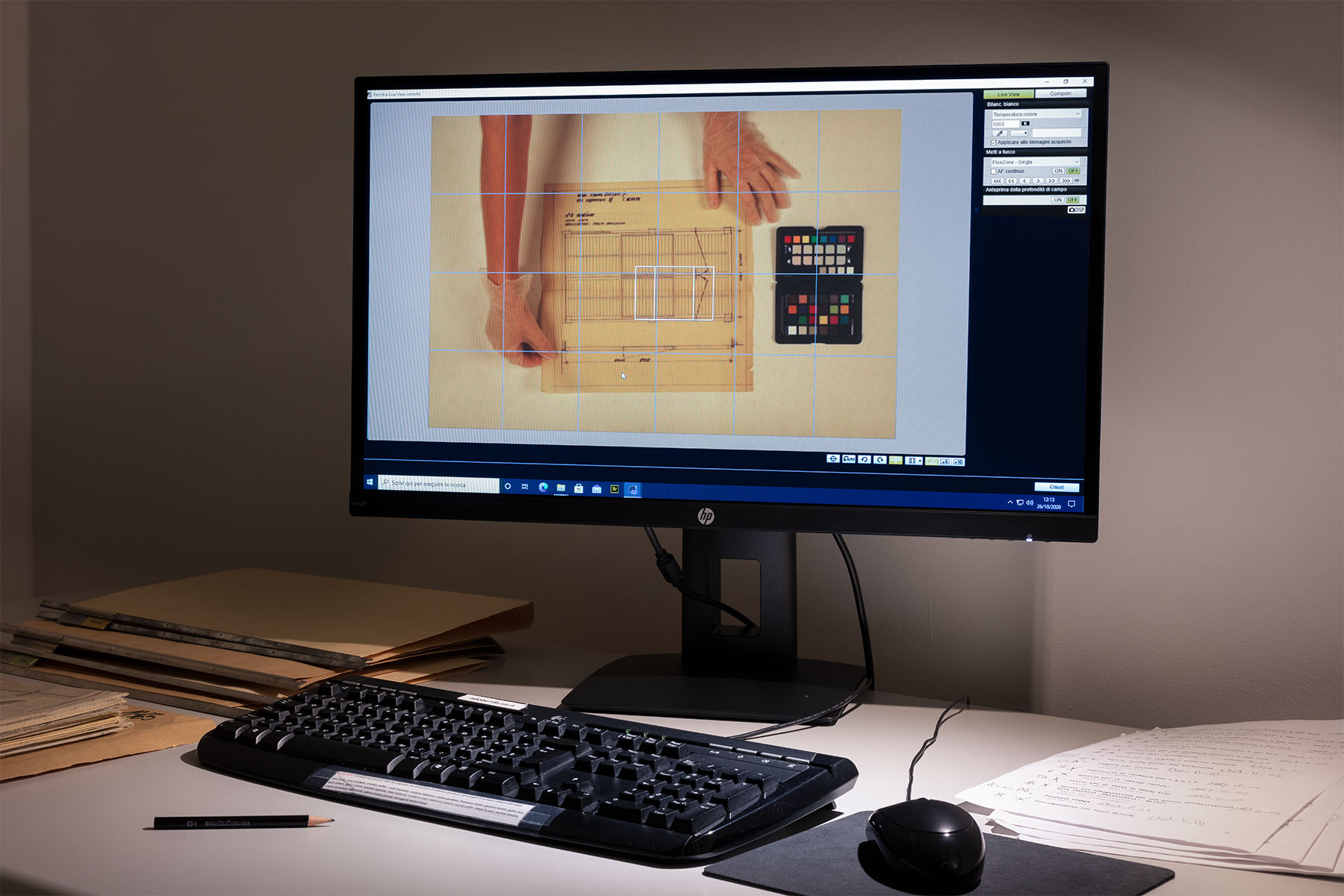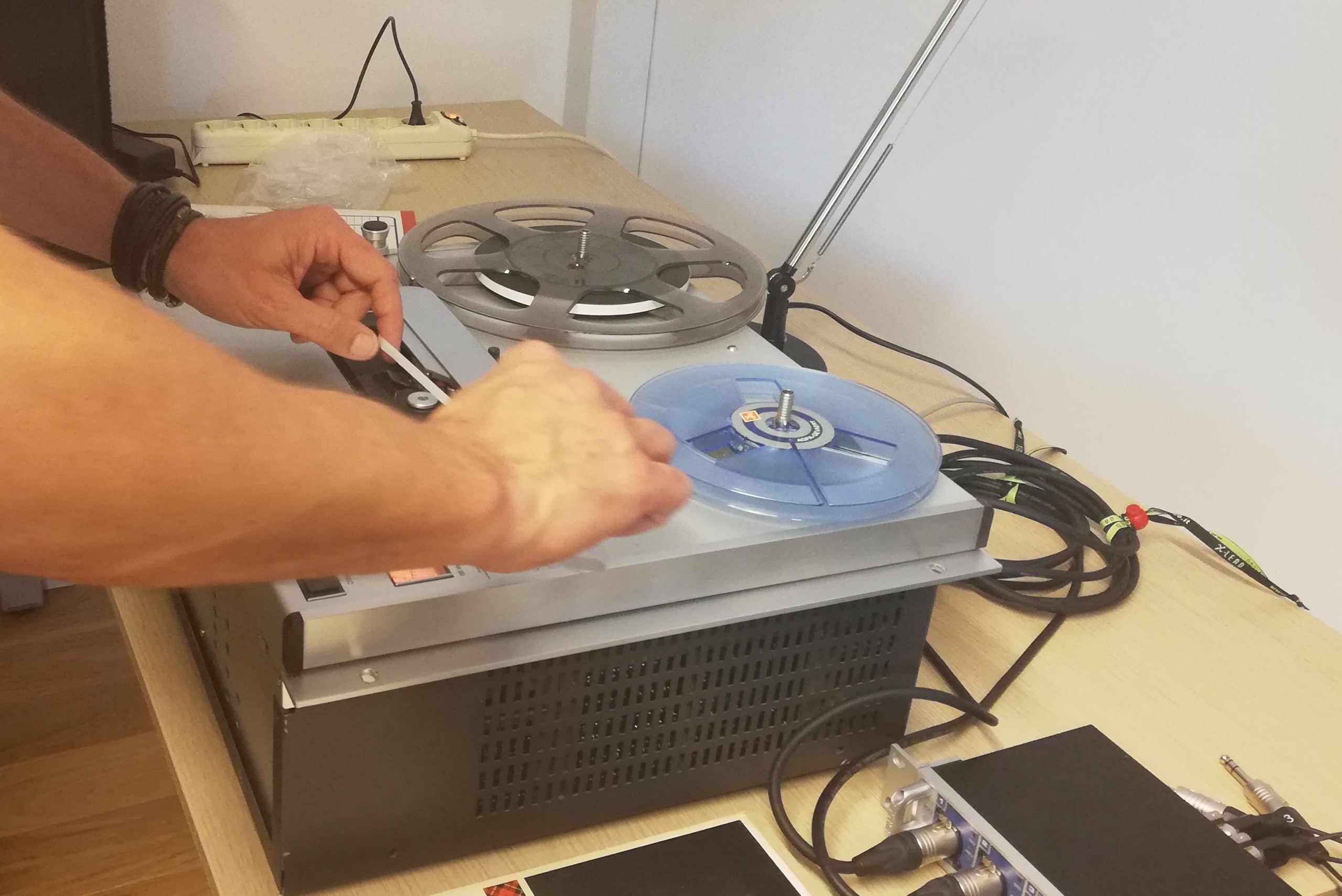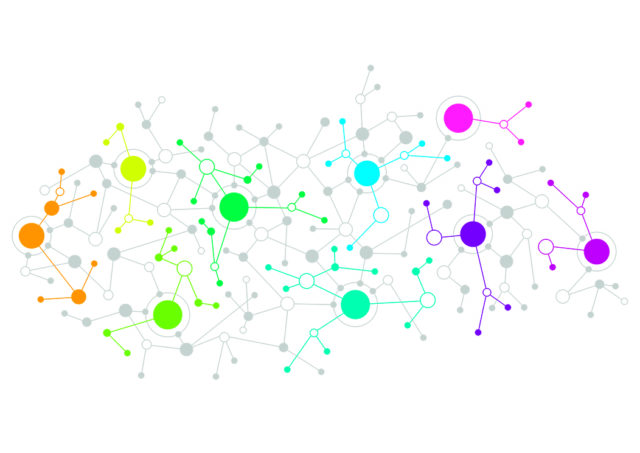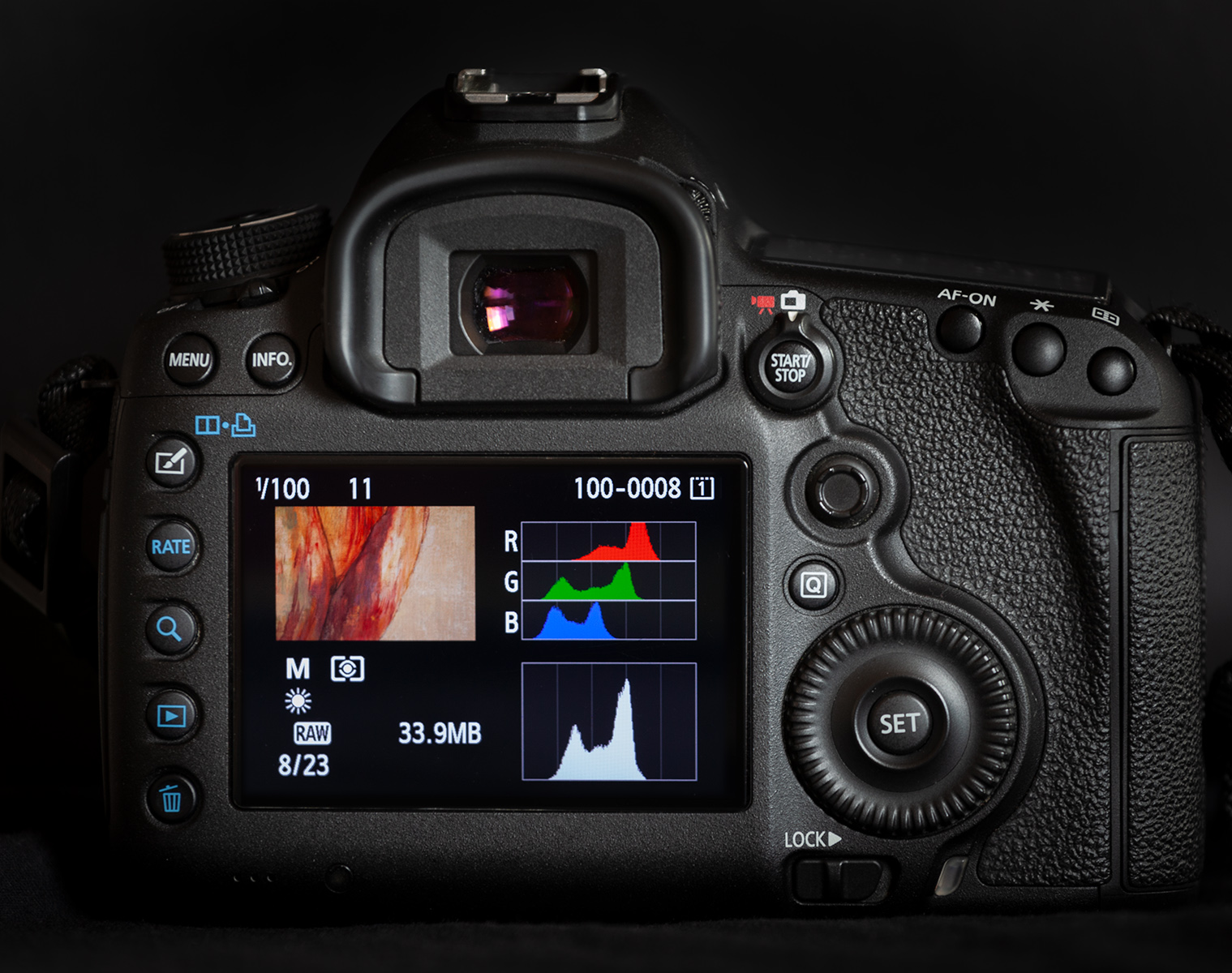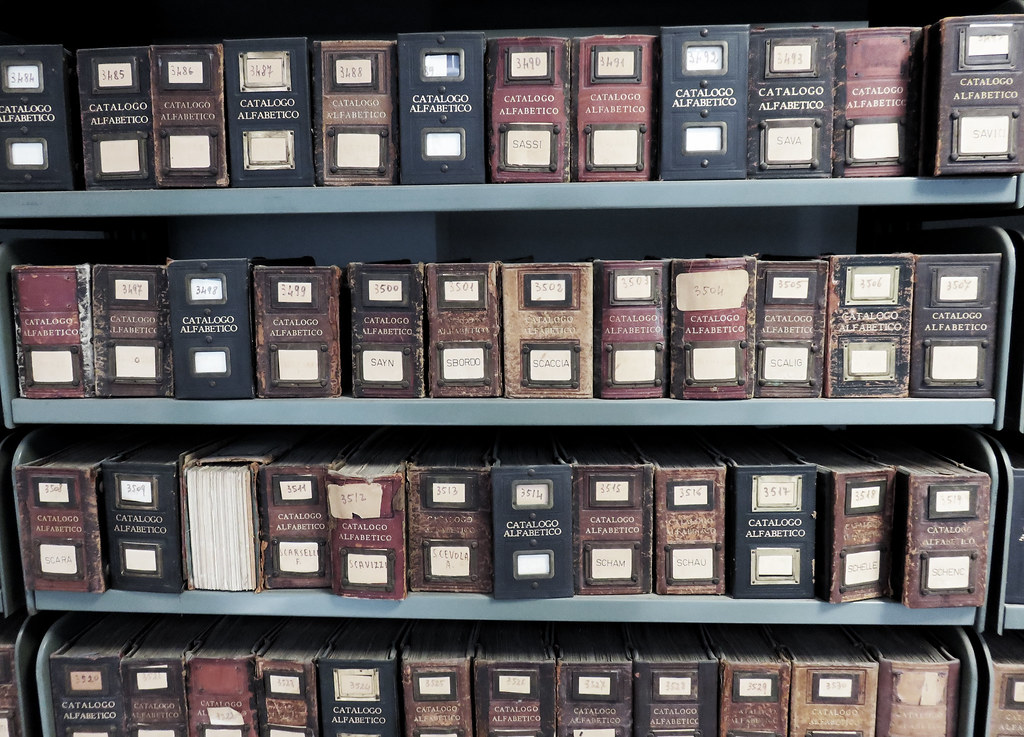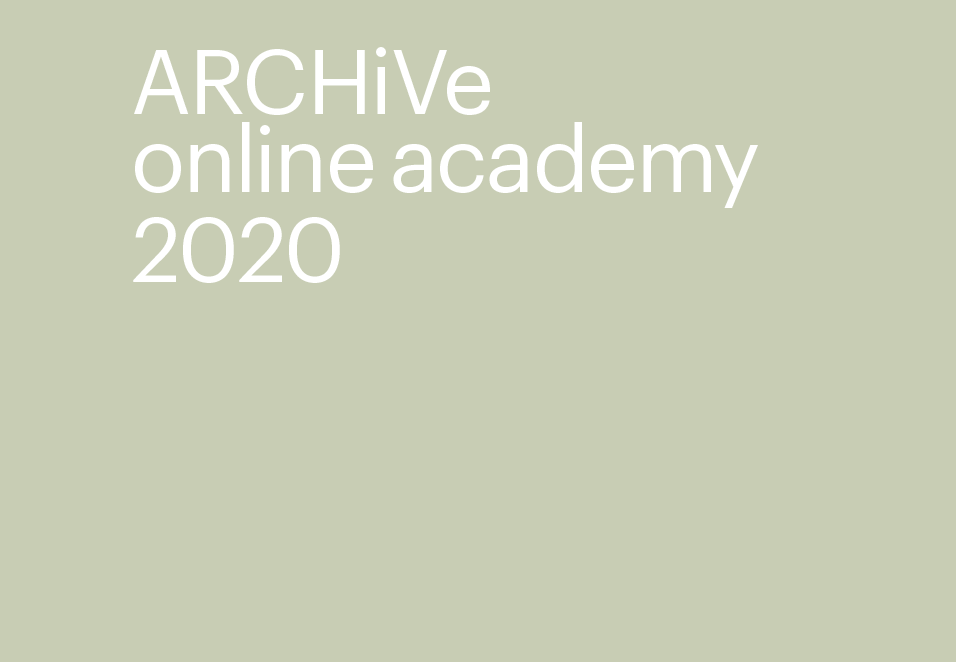ARCHiVe Online Academy
November 2020 – January 2021
Following the success of the AOA – ARCHiVe Online Academy workshops and seminars held from May to July, the Fondazione Giorgio Cini has presented the new training programme for winter 2020-2021 organised by ARCHiVe.
Each workshop session lasts about 2 hours and is free of charge but with a limited number of places. The workshops are addressed to scholars, researchers, professionals and anyone interested in improving their skills in the field of cultural heritage using both digital and analogue technologies. The sessions will be held live on the Zoom platform and will also be available afterwards on the Foundation’s YouTube channel through a private link: in either case, registration on the Foundation’s website is required.
ARCHiVe is a centre devoted to cultural heritage technology and digital preservation on the Venetian island of San Giorgio Maggiore. It was created in 2018 by the Fondazione Giorgio Cini, the Factum Foundation for Digital Technology in Conservation, and the Digital Humanities Laboratory of the École Polytechnique Fédérale de Lausanne (EPFL-DHLAB), with the Helen Hamlyn Trust as supporting founder.
Full programme:
Transkribus workshop
(5, 6, 10, 16 November 2020)
The first workshop is devoted to Transkribus, a software for the automatic recognition and transcription of handwritten texts, based on the use of machine learning algorithms.
Already employed by the Fondazione Giorgio Cini, Transkribus is the result of a project funded by the European Commission and hosted within the University of Innsbruck Digitisation and Digital Preservation Group (DEA).
During the workshop, the potential of the software will be explored not only from a theoretical point of view, but also by providing the opportunity for practical experience and case studies, such as the use of Transkribus in the Alain Daniélou Archive project at the Fondazione Cini.
The teachers will also guide participants step by step in the practical use of the software, from downloading the programme to the training model, the basis for the automatic recognition and transcription of texts.
Teaching will be in English. When watching the workshop on YouTube, users can turn on subtitles in English or other languages.
Teachers:
Transkribus team members
Eloisa Stuparich, ARCHiVe researcher for the Alain Daniélou Archive
Workshop on handling and conserving books and archive items
(23, 24 November 2020)
The second workshop is an introduction to the conservation of books and archive materials. The course will describe the main categories of deterioration often found in books and documents through a series of examples from the antique book collection in the Fondazione Giorgio Cini Library. Good practices for the correct handling and preservation of this type of material will be illustrated by exploring the differences between preventive conservation, conditioning and restoration.
Teachers:
Giulia Barbero and Miriam Rampazzo, cultural heritage restorers of books, archive items, paper artefacts and photographic material
Workshop on dhSegment data extraction from texts
(27 November, 4 and 11 December 2020)
The third workshop presents the potential and use of dhSegment, a tool developed by the Digital Humanities Laboratory (DHLAB) of the École Polytechnique Fédérale de Lausanne. dhSegment is an innovative system that uses machine learning algorithms to process different types of archive documents and automatically extract information from them.
The course will take place as a real workshop, during which teachers will assist users step by step in using the software.
Teaching will be in English. When watching the workshop on YouTube, users can turn on subtitles in English or other languages.
Teachers:
Staff from the DHLAB, École Polytechnique Fédérale de Lausanne (EPFL)
Enhancing archives of Italian design: the case of Ettore Sottsass Jr.
(10 December 2020, January 2021)
In December 2018, the Fondazione Cini was presented with the archive of the architect and designer Ettore Sottsass Jr. by his widow Barbara Radice.
The workshop will illustrate work in progress on the Sottsass Archive, highlighting the shared experiences of those who took part in the project, the result of collaboration between the Fondazione Cini and the Iuav University of Venice.
The first session (10 December) will deal with current challenges in the field of digitisation, archival description and archive studies by referring to examples and demonstrating the techniques and tools used at ARCHiVe.
The second session, to be held in January 2021, will focus on the potential offered by the use of Linked Open Data to develop the Sottsass Archive in relation to other archives of designers active in Italy. This will be the starting point for a wider discussion to explore and design new scenarios in the archival and cultural world.
Teachers:
Andrea Barbon, ARCHiVe director
Marco Scotti, Iuav-ARCHiVe research associate
Costanza Blaskovic and Alice Vivian, ARCHiVe collaborators
Giovanni Bruno, Regesta.exe president
Rosanna Pavoni, Fondazione Vico Magistretti scientific director
Digitising three-dimensional items
(15, 18 December 2020, January 2021 to be defined)
The fifth winter workshop will deal with the techniques involved in the digitisation of three-dimensional items, tested and used by Factum Foundation for Digital Technology in Conservation.
Theoretical lessons on instrumentation and the digitisation and development process will be followed by a workshop on photogrammetry applied to cultural heritage, enabling participants to become familiar with photogrammetric survey techniques using digital cameras (professional and non-professional).
Teaching will be in English. When watching the workshop on YouTube, users can turn on subtitles in English or other languages.
Teachers:
Carlos Bayod Lucini, Architect, Project Director Factum Foundation
Guendalina Damone, Project Manager Factum Foundation Italia
Tools and methods for sustainable mass digitisation
(January 2021, dates to be decided)
The course has been created with the aim of sharing the experience of the ARCHiVe Centre and its partners in the field of digitisation, dealing with both our theoretical approach (the model and methodologies adopted) and the hardware and software tools used.
The course includes an in-depth study of Replica, a digitisation project that initially involved one million photographic positives from the Fondazione Cini’s historical Photo Library. This was possible thanks to the use of the innovative Replica 360 Recto/Verso Recording System with a circular scanner, designed and produced by Factum Arte in collaboration with the DHLAB of the École Polytechnique Fédérale de Lausanne.

